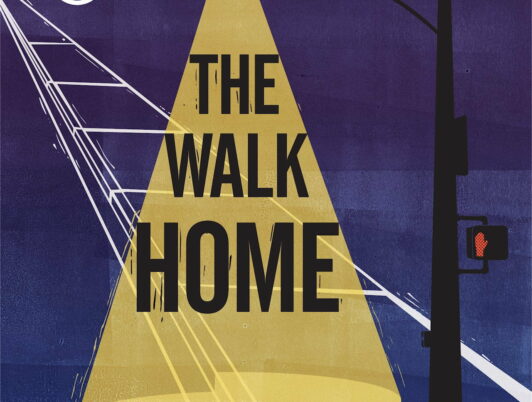Show Notes
An Interview with the Reporters Behind "The Walk Home" Podcast on KNKX 88.5 FM This week on the MoveToTacoma Podcast we interview reporters Mayowa Aina & Kari Plog from KNKX 88.5 FM NPR. They talk their podcast "The Walk Home" which investigates the killing of Manny Ellis by Tacoma Police. Both reporters grew up in Pierce County and describe what drew them to create the podcast, the challenges of reporting on the community you live in, and the complexities of the justice system in a small city like Tacoma. The 2020 police killing of Manuel 'Manny' Ellis, a Black man in Tacoma, brought a reckoning to Washington State and has set up what promises to be one of the highest-profile trials in Pacific Northwest history. On Tuesday, October 18 at 7:00 p.m., KNKX and Tacoma Arts Live present a free event in conjunction with The Walk Home podcast. The Walk Home is a co-production of KNKX and The Seattle Times. KNKX's South Sound reporter Kari Plog, Special Projects reporters/producers Mayowa Aina and Will James, The Seattle Times Senior Investigative Reporter Patrick Malone, and musician Marcel E.C. Augustin will go behind the scenes of the podcast, adding new details and insights to Manuel Ellis' story and previewing the final episodes. The event includes an audience Q&A. KNKX will record and videotape the event. Registration is required. Tickets are required for this free event. Walk-ups are welcome if space is available. Get Tickets Here From KNKX: About Manuel Ellis On March 3, 2020, Manuel "Manny" Ellis, a 33-year-old Black man, died while in the custody of Tacoma police officers. They said Ellis attacked them, then died suddenly and for no apparent reason. For months, that's all residents of Tacoma knew. None of this sounded right to Ellis' little sister, Monét Carter-Mixon, who hit the streets like a detective, tracking down videos from witnesses that showed his encounter with police. Carter-Mixon's investigation would set a chain of events into motion that would bring a reckoning about racism and policing to Tacoma and change Washington State law. Ellis' story offers a window into the racial justice movement of 2020 — what really changed and what remains unresolved two years later.




